Plastic Pollution: When The Mermaids Cry – The Great Plastic Tide; By Claire Le Guern
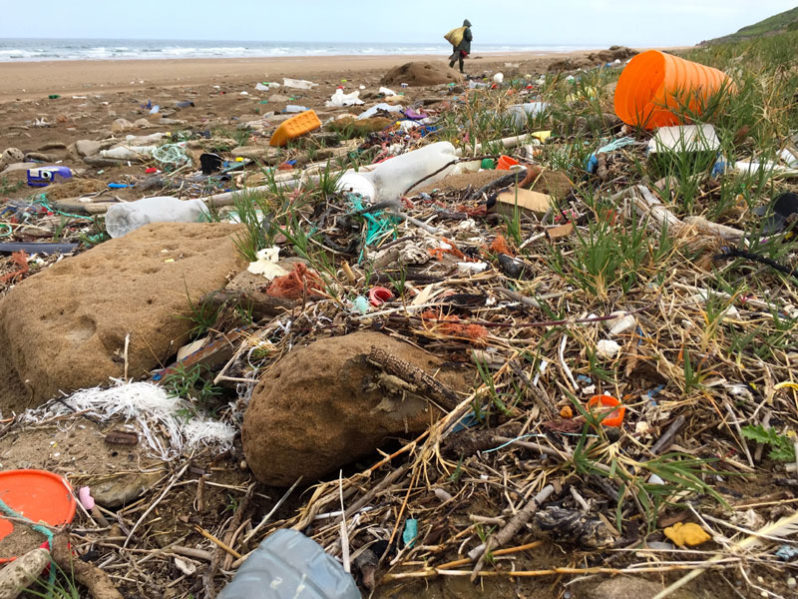
In celebration of Coastal Care’s 10 years Anniversary, we are republishing an acclaimed selection of the most popular Featured Articles contributions.
It’s time to prepare for a changing Earth; By Orrin Pilkey
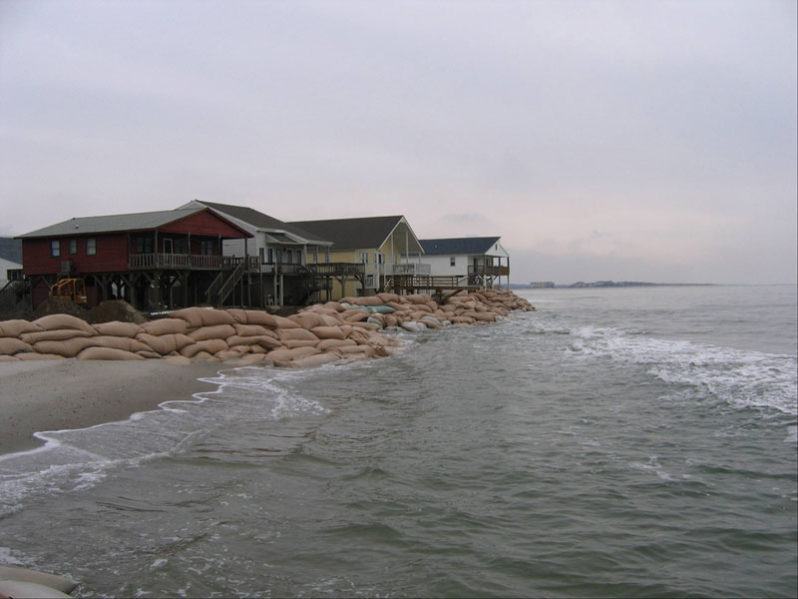
Global climate change is an obvious fact and we are already in the midst of it. The time for action is now. In two decades, in the opinion of many climatologists, it will be too late to prevent catastrophic global damage.
Coastal Hazards & Targeted Acquisitions: A Reasonable Shoreline Management Alternative: North Topsail Beach, North Carolina Case Study
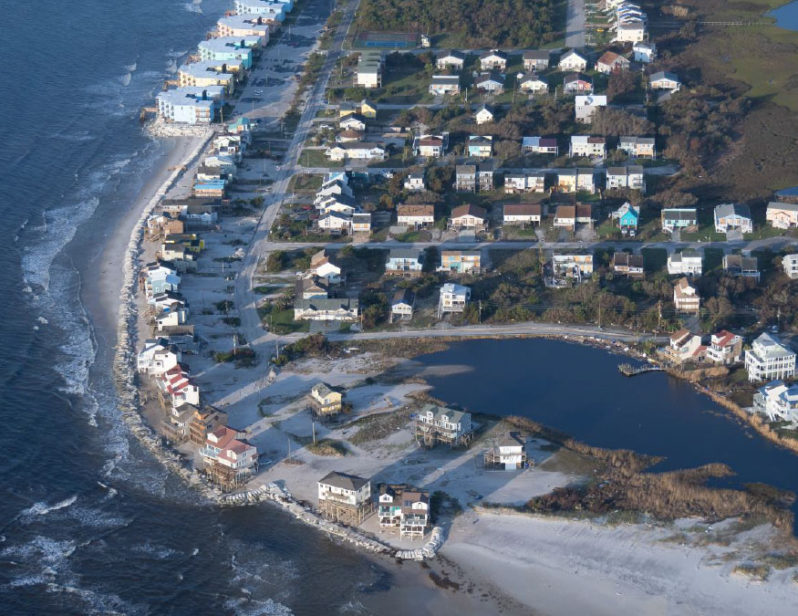
This study is the first of several case studies to be released by the Program for the Study of Developed Shorelines examining the feasibility and economics of targeted acquisition strategies in oceanfront, resort communities. Buyouts of vulnerable properties have become an increasingly popular tool for reducing future exposure in flood-prone communities across the U.S.
A French beach cleared of homes shows NC the way; By Orrin H. Pilkey
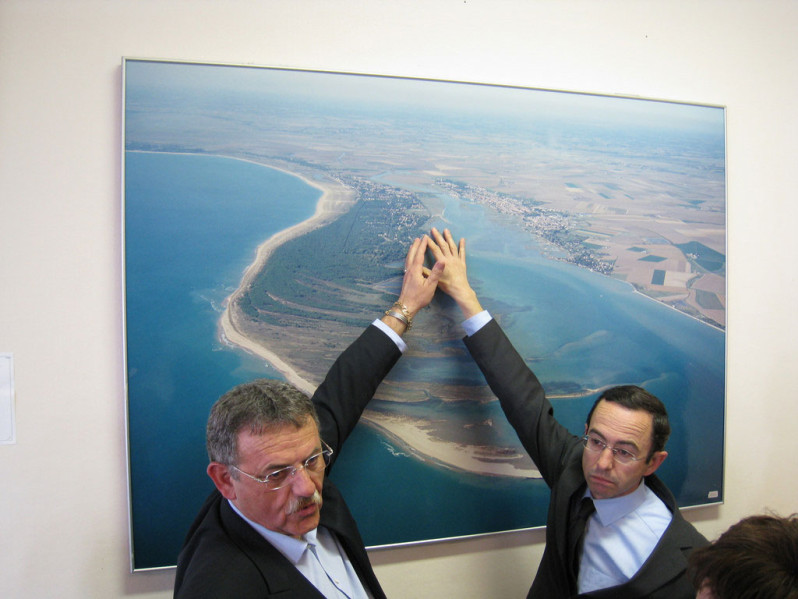
Surprising to me, the French are ahead of the United States, and particularly ahead of North Carolina’s policies on preparation for the rising sea’s impact. The problems of the French coast are much like the problems of the Carolinas.
Coastal communities should exercise caution in using FEMA Flood Maps as the primary indicator of coastal risk; By Rob Young
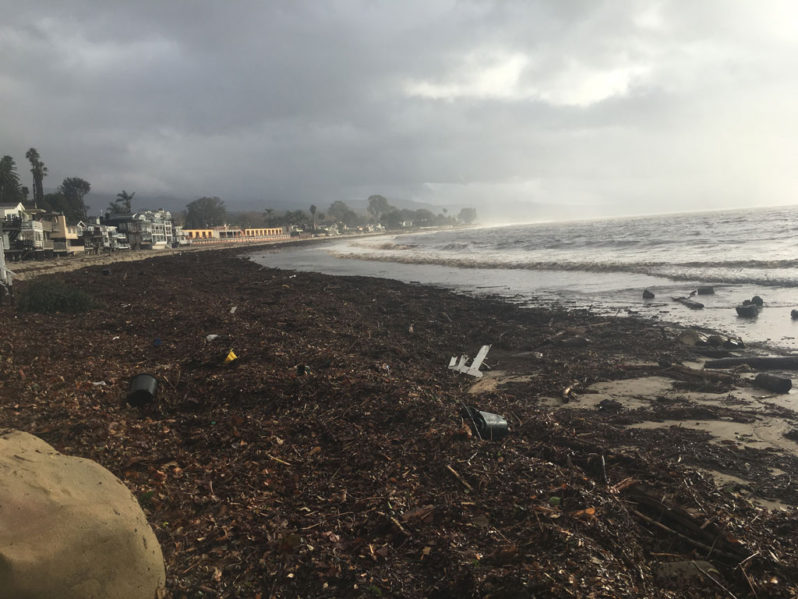
Most coastal communities, like Mexico Beach, rely almost entirely on FEMA flood maps to understand their exposure to coastal hazards and risk to the community.
Marine Litter: Solutions for a Major Environmental Problem; By Williams, A.T. and Rangel-Buitrago
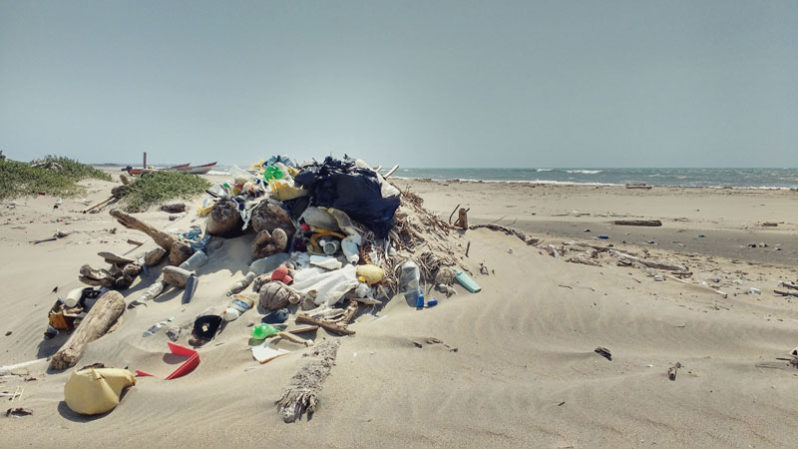
A current major environmental problem is that marine litter is being deposited in increasing amounts on the world’s beaches and oceans. This is especially true for plastics, which form the bulk of the litter and which can last for an unknown number of years in the oceans.
Coastal Warning: An Unwelcome Messenger on the Risks of Rising Seas; By Orrin H. Pilkey
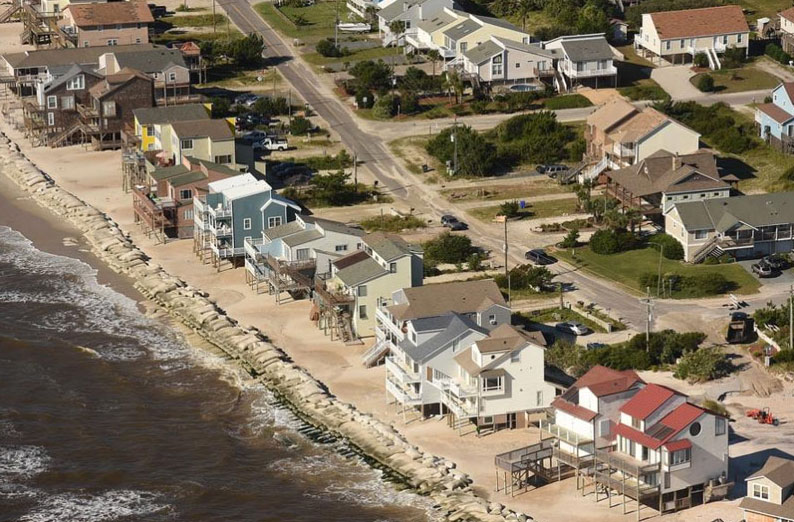
Marine scientist Orrin Pilkey has long been cautioning about sea level rise and the folly of building and rebuilding along coastlines. In an interview with Yale Environment 360, he talks about why an eventual retreat from oceanfront property on the U.S. coast is inevitable.
How extreme weather is shrinking the planet
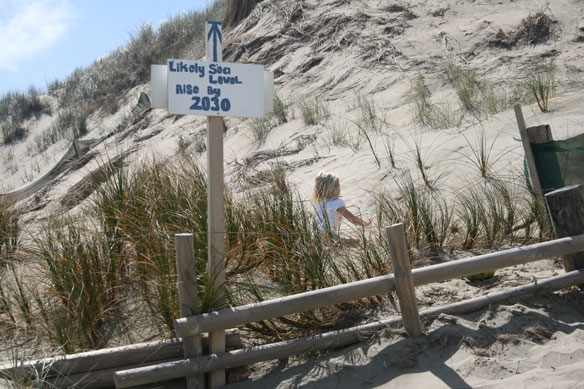
With wildfires, heat waves, and rising sea levels, large tracts of the earth are at risk of becoming uninhabitable. But the fossil-fuel industry continues its assault on the facts.
The global climate refugee crisis has already begun; By Orrin H. Pilkey & Keith C. Pilkey
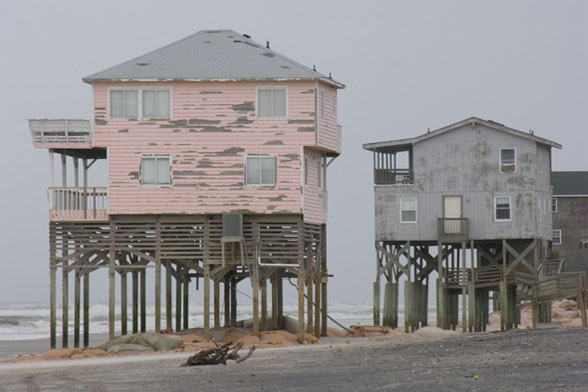
There are a couple of reasons why climate change is creating a new category of refugee.
